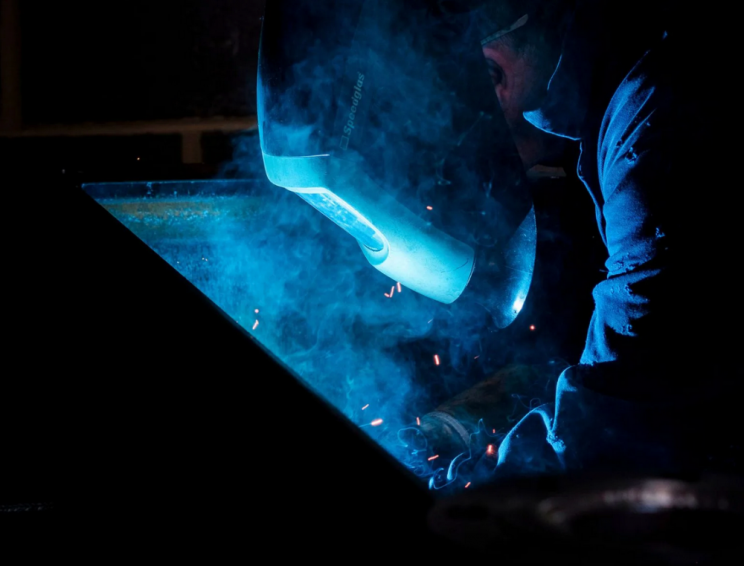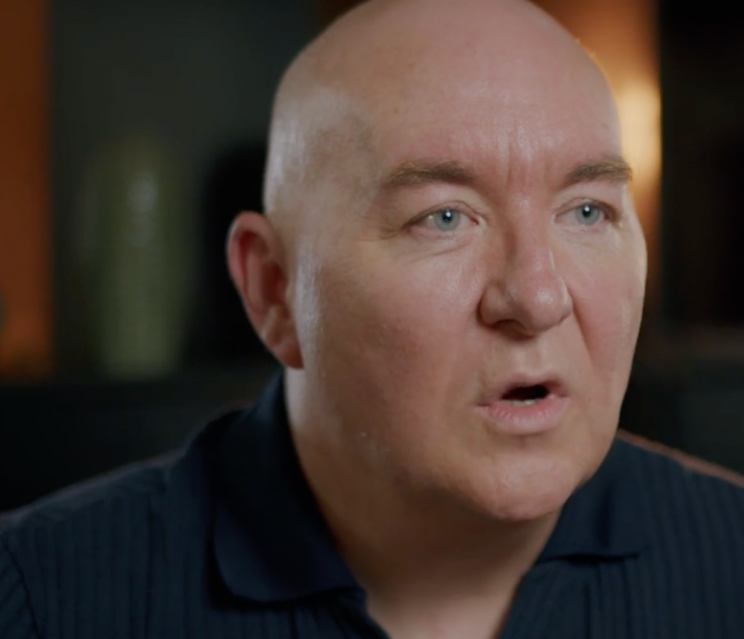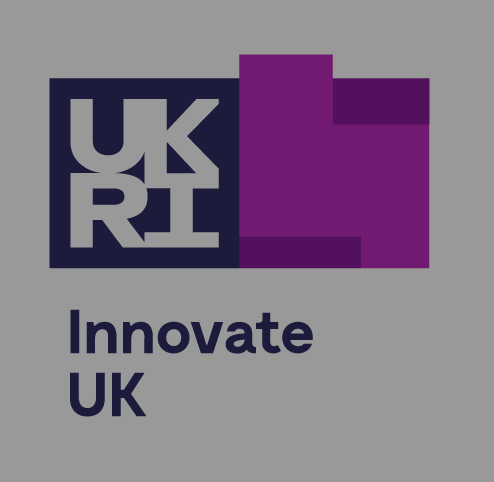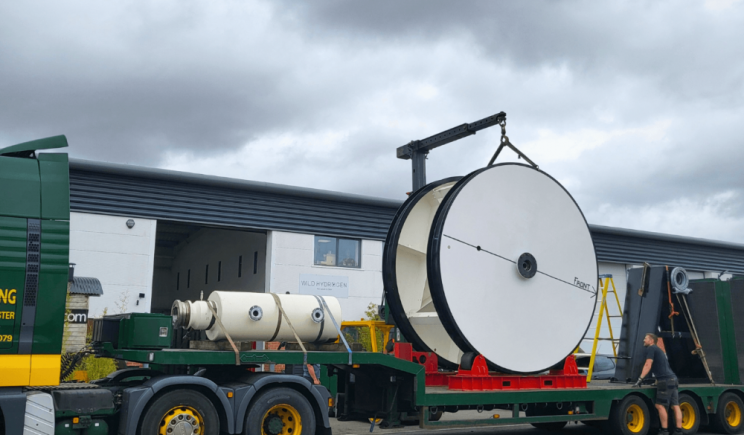Gloucester clean energy innovator Wild Hydrogen (WH) has been awarded a £350,000 Innovate UK Smart Grant to a pilot programme converting waste from business and industry into a carbon-negative alternative to fossil fuels.
The award sees the firm, headquartered at Hardwicke’s Gabwell Business Centre, thrust into the top 3% of more than 1,400 applicants nationwide after Innovate gave the company a score of 92%.

A WH spokesperson said: “This prestigious UK Government award, delivered by Innovate UK (part of UK Research and Innovation, UKRI), provides powerful independent validation of Wild Hydrogen’s patented clean energy technology and its position as one of the UK’s most exciting investment opportunities in the race to net zero.
They added that the grant from the government offshoot will be used to support an 18-month, £500,000 pilot programme after the move enabled the business to instantly secure investor confidence that attracted a further £300,000, the funding being used to accelerate the scale-up of WH’s Rising Pressure Reformer (RiPR) technology.
WH added: “RiPR uses Supercritical Water Reforming (SCWR) to transform low-value waste streams – including food residues, agricultural by-products and even plastics – into hydrogen, biomethane, biochar and captured carbon dioxide, delivering a carbon-negative alternative to fossil fuels and unlocking clean fuel production at scale.”

James Milner, WH CEO, said: “Securing this Innovate UK Smart Grant is powerful recognition that our RiPR technology has the potential to transform global energy. We are now validating hydrogen and biomethane production at scale – turning waste from a liability to an income stream, delivering carbon-negative fuels, and creating a pathway to a fossil-free future.”

With UK Government support alongside matched investor capital, he added that WH was “accelerating towards commercial deployment of technology designed to redefine how the world sources its clean energy.”
He added: “More than anything, I am proud of our team – this success validates their talent and relentless commitment.”
Objectives for the project will aim to:
● Prove the end-to-end RiPR process with a three-month integrated demonstration.
● Develop a multifuel heating system operating on hydrogen, methane, or syngas for circular energy self sufficiency.
● Extend collaboration with Dr Hyungwoong Ahn, University of Edinburgh, advancing the PSA‑SPUR purification system to deliver hydrogen, biomethane, and captured carbon dioxide at high purity.
● Trial a wide range of novel feedstocks to build a first of its kind chemical database and prove RiPR’s versatility at industrial scale.

WH added: “Green hydrogen today costs over £9/kg in the UK, reliant on scarce platinum group metals; biomethane production is constrained by intensive feedstock pre-treatment. Meanwhile, millions of tonnes of organic and plastic waste end up in landfill or incineration, driving emissions.
“RiPR technology directly reforms those wastes into hydrogen and biomethane at scale. The process is carbon negative by design, decentralised, energy self-sufficient, and capable of delivering clean fuels at costs competitive with fossil gas (less than £2/kg adoption threshold).”
The project is fully aligned with the UK Government’s Net Zero Strategy and the national ambition to deploy 10GW of low carbon hydrogen capacity by 2030 (DESNZ Hydrogen Strategy Updates).





